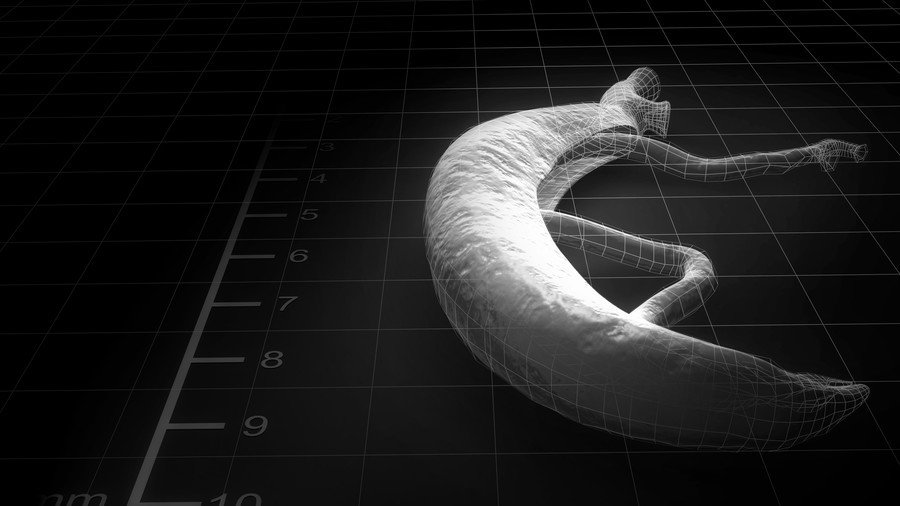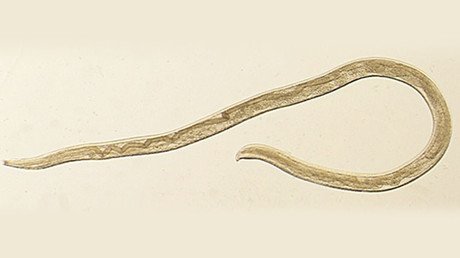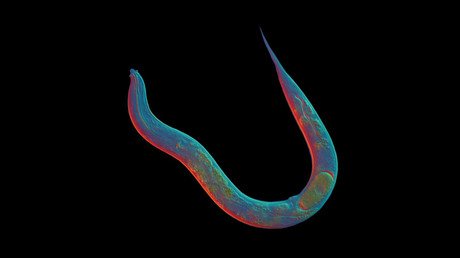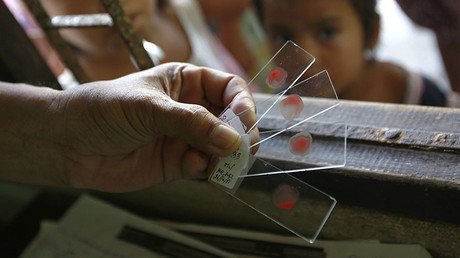17 humans injected with devastating parasite in search for vaccine

Seventeen humans have volunteered to host parasitic worms in their bodies for 12 weeks. It is hoped that the study will lead to a life-saving vaccine for one of the most devastating diseases in the world.
The Netherland-based study is centered around finding a cure for schistosomiasis, (also known as snail fever), a type of parasitic flatworm that enters the body through the skin and can cause devastating effects like kidney failure, bladder cancer and infertility.
The parasitic disease affects hundreds of millions of people around the world and kills thousands every year. Infected children in sub-Saharan Africa and South America, where the condition is particularly common, have also had their physical growth and learning ability impacted, reports Futurism.
The Netherland-based study is the first step in finding a vaccination that could prevent infection. Researchers must show the vaccine works in order to raise the millions of dollars needed to set up a study in actual affected areas. And so, 17 healthy young adult participants, each being paid $1,200 for their involvement, volunteered to have 20 male larvae injected into their system as a quick and easy way to test the vaccination.
The larvae can’t reproduce and at the end of the 12-week study infectious disease physicians at the Leiden University Medical Center will flush the infection and kill any remaining parasites with Praziquantel.
READ MORE: American decline: Open pools of raw sewage in the richest country in the world
Participants have so far only reported mild rash and minor fever symptoms and, as the New York Times reports, a Dutch ethics board signed off on the study, so the risk is not thought to be great. However, Daniel Colley, a schistosomiasis researcher, told Science Magazine he doesn’t believe the Praziquantel treatment is “terribly effective,” as the worms can live in your system for five to 10 years.
“That is a long time to have something as ugly as a schistosome living in your blood vessels, putting out excrement and things,” Colley warned.















